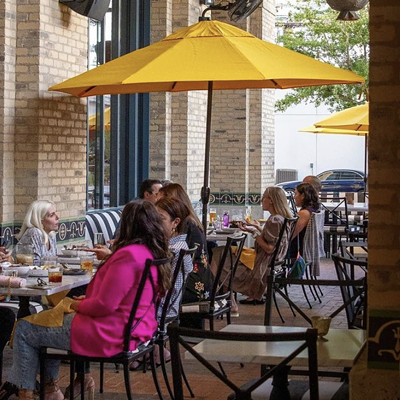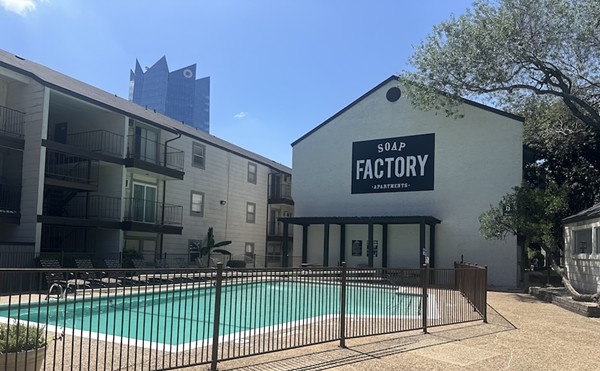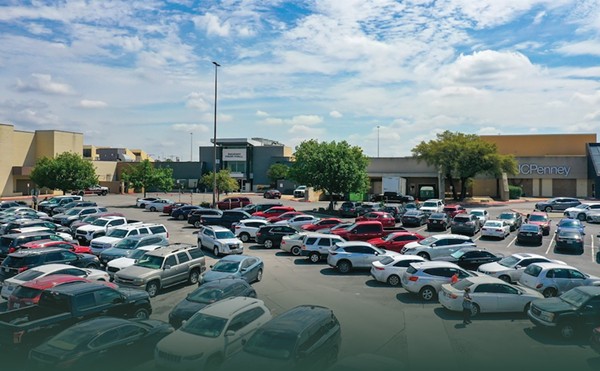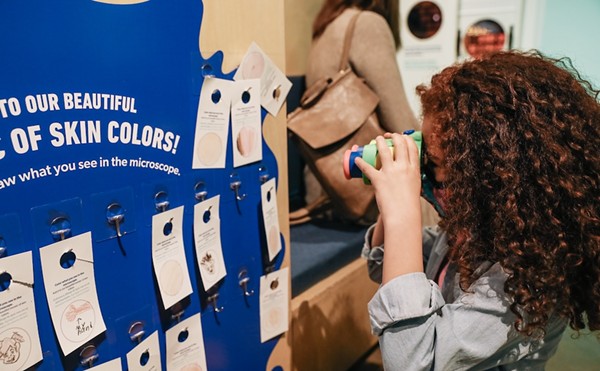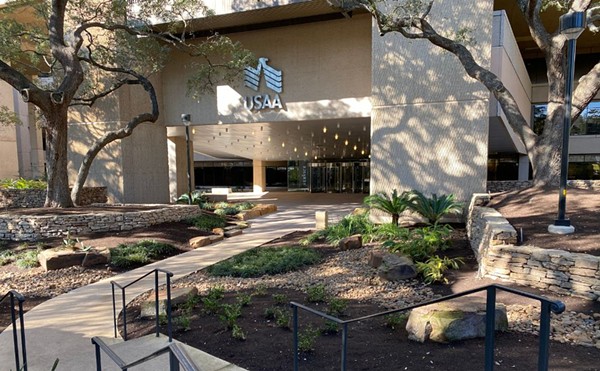
On Monday, New Mexico Gov. Michelle Lujan Grisham, a Democrat, bought full-page ads in Texas' five largest newspapers inviting Lone Star State medical professionals to relocate to the Land of Enchantment.
“I know that legal restrictions on healthcare in Texas have created a heavy burden for medical practitioners — especially those of you now barred by law from providing the full spectrum of reproductive healthcare,” Grisham wrote in the ad copy. “It must be distressing that a draconian abortion ban has restricted your right to practice and turned it into a political weapon.”
Indeed, a study published by the New York-based healthcare research institute Commonwealth Fund last month found that Texas is the nation’s second-worst state for reproductive healthcare. The Lone Star State earned that distinction by having one of the nation’s highest maternal mortality rates and the highest rate of women skipping needed reproductive-related checkups.
Those skipped checkups are likely due to Texas having the lowest number of maternity-care providers in the nation—between 52 and 70 for every 100,000 women between the ages of 15 and 44 — according to the Commonwealth Fund.
In turn, Texas’ dwindling number of medical professionals specializing in reproductive health is a result of the state's abortion ban and increasingly restrictive policies around women's healthcare, abortion activist DakotaRei Frausto told the Current.
"We're seeing here in Texas that there is a brain drain happening, where, of course, people don't want to work here, and they don't feel safe working here, and it’s because of all the repercussions that can happen to providers here," said Frausto, a San Antonio native. "But on top of that, we are seeing that health care clinics are underfunded and understaffed.”
Frausto, a San Anto spoke to the Current as Ride to Decide — a national bus tour of women discussion discussing abortion access — visited San Antonio on Tuesday, July 23. The tour is intended to help people in states where abortion was outlawed after the Supreme Court overturned Roe v. Wade know how to obtain the medical procedure.
When she was 17, Frausto found out she was eight weeks pregnant.
"I struggled with chronic nausea, which led to me having hyperemesis, where I was throwing up several times a day," Frausto said. "I couldn't even keep water down, couldn't keep my medication down. I had extreme fatigue because I have anemia, which led to me becoming extremely malnourished.”
<subhead>Out-of-state relief
Due to these complications and other factors, Frausto decided to terminate the pregnancy. Although the Supreme Court hadn't yet overturned Roe v. Wade, Texas Gov. Greg Abbott had signed Senate Bill 8, also known as the "heartbeat bill," which bans abortions after a fetus' heartbeat was detected.
Because of the state’s restriction, Frausto ultimately spent $2,000 of her own money to get an abortion at a Planned Parenthood clinic in Albuquerque, New Mexico.
"To be honest, I don't know if I'd still be here," Frausto said. "I know for a fact my pregnancy was unbearable.”
However, the Supreme Court’s decision to end decades of protection for women seeking abortions has had implications beyond just the right to terminate pregnancies, Ashley Quenneville, deputy director of abortion-rights group Free and Just, said at Ride to Decide’s San Antonio stop.
In the 22 states with abortion bans, women have an increasingly difficult time gaining access to basic reproductive care, according to Quenneville. That’s especially true in Texas, where an astounding 22% of women between the ages of 15 and 44 years old lack health insurance.
"We're seeing a decline in applications for medical students in states with restrictive abortion bans," Quenneville said. "So, this is impacting women's healthcare across the board, whether it's not being able to find an OBGYN in the community where you live, or it simply to receiving information from your doctor about what's going on with you and your body.”
Pregnancy complications
Quenneville added that when women can't access basic reproductive health care, the odds of complications during pregnancy increase. She recalled the story of a woman she met in Louisiana during the Ride to Decide tour.
That woman's pregnancy resulted in a miscarriage. However, despite obvious signs of complications with the pregnancy, doctors in Louisiana wouldn't even take her on as a patient until she was at least 12 weeks pregnant, according to Quenneville.
"She had been pregnant before, and she'd had a child, and it was atypical before the abortion ban to not be able to see a doctor before 12 weeks," Quenneville said. "So, that state's abortion ban interrupted the standard of care that she had experienced with her first pregnancy."
With Texas’s Republican-controlled legislature showing little interest expanding birth control, wellness exams, menopause care and other reproductive health services in the wake of state’s abortion ban, the exodus of medical professionals is likely to continue, Frausto said.
"There is no specific candidate or campaign that can fix this issue, because there is no choice where there is no access, and we need to make sure that we are implementing these evidence-based policies that address the intersectional barrier and stigma of abortion access every step of the way, from economic justice to disability justice," she said.
Subscribe to SA Current newsletters.Follow us: Apple News | Google News | NewsBreak | Reddit | Instagram | Facebook | Twitter| Or sign up for our RSS Feed



